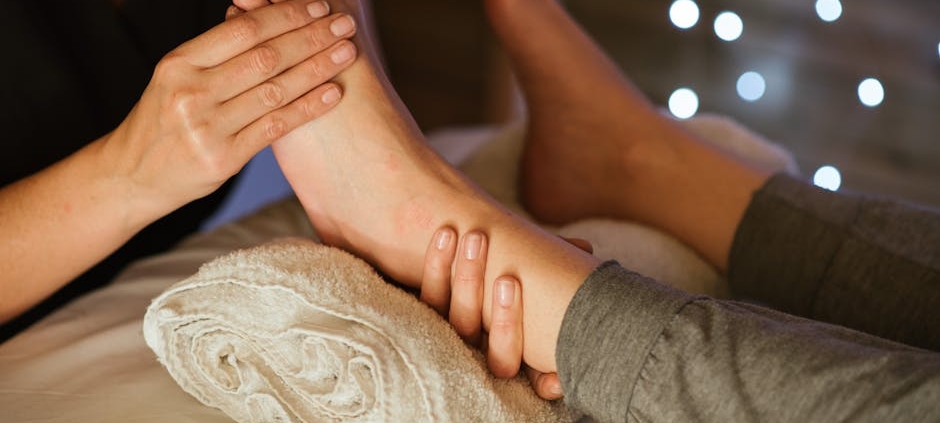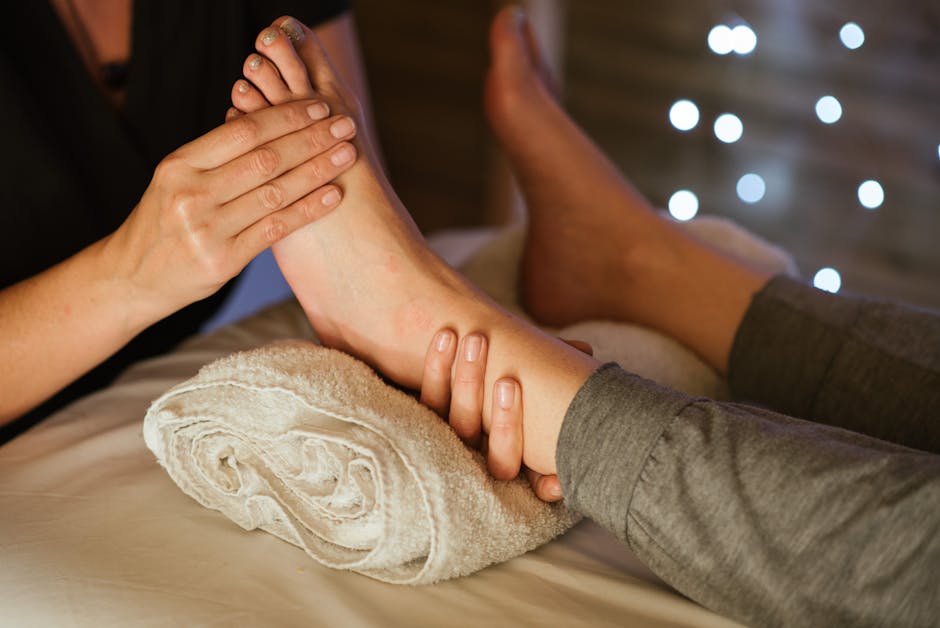Introduction to couples rehab in Orange County
In Orange County, couples rehab offers a unique chance for partners facing addiction to heal together. This journey isn’t just about kicking a habit. It’s about understanding each other better, mending bridges, and building a stronger foundation for your relationship. Addicts often feel isolated; their partners, lost and helpless. Couples rehab turns this around by making recovery a team effort. You’ll face challenges, yes, but also learn how to communicate effectively, share your feelings without fear, and support each other in ways you might not have thought possible. This isn’t a quick fix. It’s a path to deep healing for both of you, tackling not just the addiction, but the underlying issues that contribute to it. Every couple’s experience will be different because every relationship is unique. But the goal is the same: to emerge stronger, closer, and more resilient than ever.
Understanding the approach of couples rehab
Couples rehab in Orange County focuses on tackling addiction together, putting a sturdy emphasis on open communication and shared healing experiences. The primary goal is to recraft the dynamics of the relationship into something stronger, with addiction recovery at its core. The rehab sessions encourage both partners to voice their feelings, fears, and aspirations openly, creating a foundation of trust and understanding. This process isn’t just about kicking a habit; it’s about reconnecting on a deeper level and learning teamwork in facing life’s challenges. The approach is simple yet impactful, offering tools for managing stress, resolving conflicts, and enhancing emotional intimacy. Here, it’s believed that when a couple embarks on a journey to overcome addiction side by side, they’re not just healing individually; they’re reweaving the fabric of their relationship into a more resilient and loving tapestry.
How communication is rebuilt in rehab
In rehab, couples learn to talk again. It’s simple, yet powerful. They sit together, maybe for the first time in a long while, and they talk about the tough stuff. Therapists guide these conversations, making sure everyone feels heard. It’s not just about airing grievances; it’s about learning to listen, really listen. One might share feelings without the fear of being judged, while the other learns to hear those feelings without interrupting or getting defensive. It’s like rebuilding a house, but instead of wood and nails, couples use words and understanding. This process doesn’t happen overnight. But day by day, word by word, trust starts to grow back. The walls come down. They start to see each other not just as partners in life but as teammates in recovery. This communication becomes their foundation, strong and ready for whatever comes next.
Addressing and overcoming mutual dependencies
In couples rehab, addressing and overcoming mutual dependencies is a game-changer. Imagine you and your partner are both stuck in a loop of addiction. It’s a tough spot. In rehab, you learn to lean on each other, but in the right way. You’re no longer fueling each other’s addictions; instead, you’re building a ladder to climb out together. You face the monsters in the closet – these dependencies – together. It’s not about pointing fingers; it’s about holding hands and tackling the issue head-on. Sober. It’s hard, sure. But as you learn healthier ways to support each other, the bond gets stronger. You’re not just overcoming addiction; you’re reinforcing your relationship foundation. Think of it as relationship therapy with a bonus round. You came to fight addiction but ended up also boosting your teamwork skills. It’s a win-win that’s hard to match.
Enhancing trust through therapy sessions
Therapy sessions in couples rehab aren’t just about tackling addiction. They’re a powerful tool for rebuilding trust that’s been shaken or broken. Trust, as you might know, is the foundation of any strong relationship. During therapy, both partners get a chance to open up, share their deepest fears, and vulnerabilities. This openness doesn’t come easy, but it’s crucial. Picture this: one partner sharing their struggles with addiction, not just the surface stuff, but the deep, often painful parts of their journey. The other partner listens, really listens, maybe for the first time understanding the magnitude of this battle. It’s in these moments, raw and genuine, that trust starts to weave back together. Think of it as a bridge being rebuilt, plank by plank, where each shared experience and each bit of understanding adds a solid piece to the structure. Sure, it takes time and isn’t always smooth sailing. But as trust grows through these therapy sessions, so does the strength of the relationship, creating a bond that’s tougher in the face of challenges.
Learning new coping mechanisms together
In couples rehab, both you and your other half will learn new ways to handle stress and conflict without reaching for substances. It’s not just about stopping the use of alcohol or drugs. It’s about understanding the deeper reasons for reaching out for those in the first place. Both of you will discover healthier strategies to face problems head-on. These could include talking things out calmly, engaging in physical activities together, or even practicing mindfulness to reduce urges. This shared journey not only makes your bond stronger but also arms you both with skills that are vital for a lasting recovery. By tackling challenges together and learning side by side, you grow not just as individuals but as a team.
The role of joint counseling sessions
Joint counseling sessions are a cornerstone in couples rehab, providing a platform for both partners to tackle issues head-on, together. It’s not just about pointing fingers or airing grievances; it’s about learning. You learn to listen—not just wait for your turn to speak—and to understand each other’s perspectives. It’s in these sessions that communication barriers start to crumble. The therapist guides you, but you both steer the ship. You’ll discover how substance abuse has affected your relationship and how to rebuild trust and intimacy. This isn’t about assigning blame but rather about laying a foundation for a stronger, united future. Through these sessions, you start acting as a team again, facing challenges side by side instead of back to back.
Strengthening the bond by facing challenges as a team
Facing challenges together is a key part of strengthening the bond between partners, especially during the tough journey of rehab. In Orange County, couples rehab focuses on this aspect by encouraging partners to tackle their recovery challenges as a team. This approach doesn’t just deal with the substance abuse or addiction issue; it digs deeper, aiming to strengthen the relationship at its core. By facing difficulties hand in hand, couples learn valuable lessons about communication, understanding, and support. They discover the power of empathy, learning to see the world through their partner’s eyes, which can transform the way they interact on a daily basis. This process is not easy, and it’s often filled with uncomfortable conversations and hard truths. Yet, it’s these very challenges that can bring a couple closer together, forging a stronger bond that’s built to last far beyond the rehab experience. Through teamwork, partners not only share the burden of recovery but also the successes, making each achievement a victory for their relationship as well. This shared journey fosters a deeper level of trust and commitment, proving that together, they can overcome anything.
The long-term benefits for relationships post-rehab
Couples rehab in Orange County doesn’t just patch things up short term; it builds a foundation for lasting unity and understanding. Think of it as relationship renovation. Going through rehab together teaches couples crucial communication skills. They learn how to talk openly about sensitive topics like addiction without setting off fireworks. Another big win is trust. Rehab helps rebuild the trust that addiction might have shaken or broken. This isn’t overnight magic, though. It’s a gradual, rewarding effort that strengthens bonds through shared challenges and victories. Couples also develop better conflict resolution techniques. No more escalating arguments without resolutions. They learn to tackle disagreements calmly and constructively. Lastly, rehab fosters deeper emotional connections. Sharing the rehab journey brings couples closer, creating a level of intimacy and empathy that’s hard to match. This means, post-rehab, couples not only understand each other better but also have a solid set of tools to maintain a healthier, more supportive relationship.
Conclusion: Why couples in Orange County choose rehab together
Couples in Orange County choose rehab together because tackling addiction as a team can significantly strengthen their relationship. First off, it provides a shared understanding of the struggles and victories during recovery. By going through rehab together, couples create a unique bond by facing challenges side-by-side and celebrating each victory as a unit. Furthermore, it ensures that both partners are speaking the same recovery language, making it easier to support each other effectively. Rehab also offers the opportunity to address and heal underlying issues that may have contributed to the addiction, laying a stronger foundation for the future. Lastly, choosing rehab together demonstrates a mutual commitment to a healthier lifestyle and relationship. This mutual dedication often leads to a more profound connection and a better chance at recovery success. It’s clear, the journey through rehab can become a pivotal point for couples, transforming a shared struggle into a pillar of their relationship’s strength.




